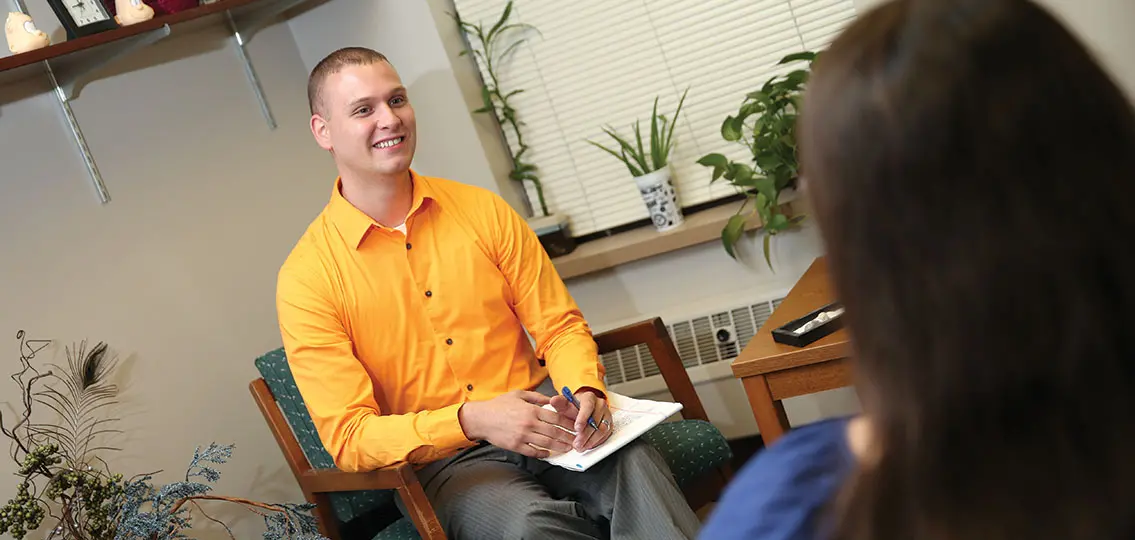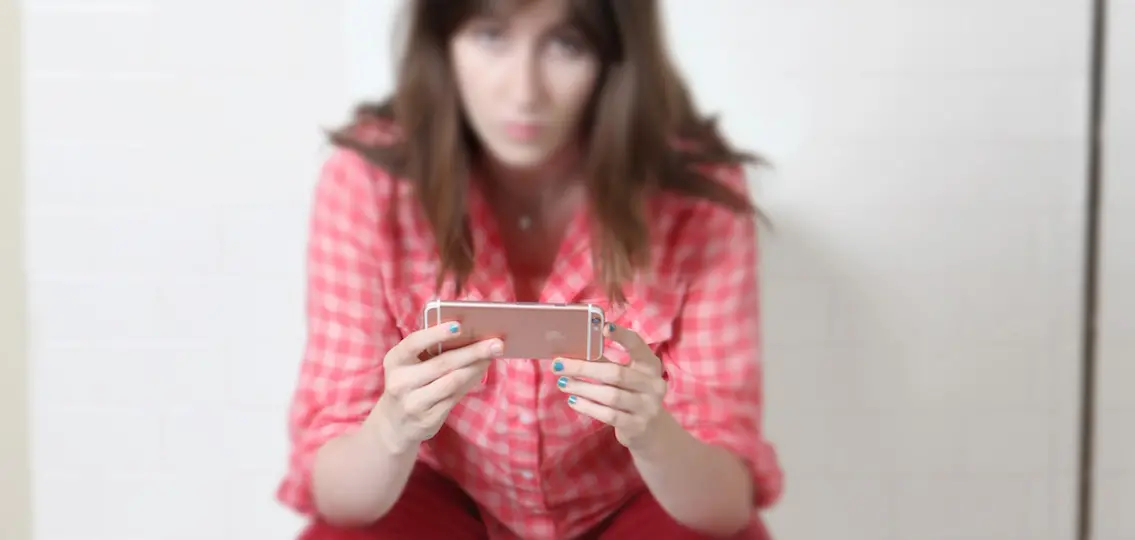Mom, serial entrepreneur, and activist Nancy Lublin loves to build things. In the midst of growing the nonprofit DoSomething.org, an online social advocacy platform geared towards young people and the largest youth organization in America, she discovered something shocking.
As kids were texting back and forth with outreach coordinators regarding volunteer opportunities, they also started sharing their problems, from bullying and depression to cutting and abuse.

Crisis Text Line is Born
Recognizing that teens are more apt to open up over text and an urgent need for professional counselors to handle these types of situations, Lublin launched the not-for-profit Crisis Text Line in 2013. It is the first 24/7, free, text-based support service to help people facing a personal crisis. With more than 75 million text messages processed, Lublin is pioneering a new way to utilize technology to serve people in need.
Because Lublin is always thinking about the bigger picture, she recognized the valuable data her organization was collecting through the Crisis Text Line that could be used to help schools, communities, and legislators better understand what is impacting its citizens—and perhaps prevent future crises.
Crisistrends.org is a product of Crisis Text Line that compiles data derived from the text messages received, which can then be broken down into segments. For example, if an area knows anxiety messages are sent in the evening, schools could schedule counselors available at that time.
| [adrotate banner=”76″] |
Although in the midst of starting another company, Lublin still has big plans for the Crisis Text Line.
“We’ve been growing, growing, growing, and we do want to do 12 more countries in the next three years, so we’re not done yet. There is good stuff to come,” she says.
If you haven’t yet heard of Crisis Text Line, you may have seen their number, 741-741, posted somewhere. “We don’t think other places should have to create their own text lines because you’d need to have 24/7 coverage, the technology is complicated, and the data would be fragmented,” says Lublin.
Instead, her organization partners with roughly 200 other states, municipalities, and non-profits to help people in need. For example, her service has managed more than 400 conversations from the Golden Gate Bridge and also works with issues organizations such as the National Eating Disorders Association.
Causes of Crises
When asked if the data can explain the growing mental health crisis for teens, Lublin isn’t sure.
“I see a correlation, but I don’t know causation. There are a whole bunch of things that are clearly correlated to this moment, like less sleep, social media usage, things like that, but I couldn’t tell you causation. It’s not one thing.”
Although she calls herself more of a free-range parent, Lublin is most rigid about ensuring her family gets enough sleep. “Sleep is something we see bear out in the data of Crisis Text Line. It’s amazing how little sleep people are getting. One of the things we’ll ask at 4:00 a.m. is tell me you last had a solid night’s sleep, and they’ll say last month or two weeks ago.”

741-741
While texts from teens spurred the idea for the service, she says people of all ages text into the hotline. She discourages parents from pushing the service onto their kids, however. “You could put a card about us on your refrigerator, but we don’t want to be the thing that parents tell their kids to use. We want to be the thing that kids tell each other to use, which is how we’ve grown so far, but we also want parents to know, we’re here for you, too. We’re here for everybody, all ages.”




